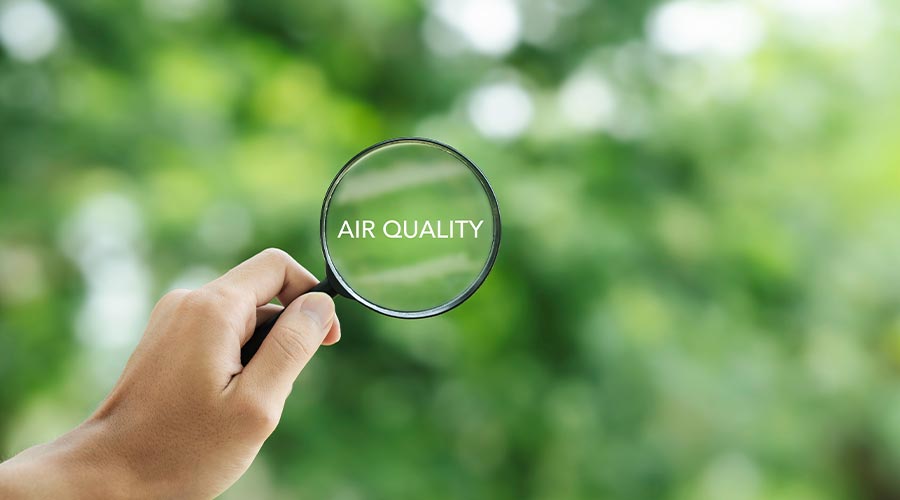
The U.S. Environmental Protection Agency (EPA) released its annual interactive report tracking America’s progress in improving the air we breathe. “Our Nation’s Air: Trends Through 2023” tracks trends in air quality and emissions data, evaluates efforts to improve visibility in treasured national parks and explores trends and community-level health impacts of hazardous air pollutants also known as air toxics.
“This interactive report gives us a valuable look at the long-term progress EPA and our state, Tribal, community and industry partners have achieved. Between 1970 and 2023, the combined emissions of six key pollutants dropped by 78 percent, while the U.S. economy remained strong – growing over 320 percent over the same time.”says EPA Assistant Administrator Joe Goffman. “As the impacts of climate change increasingly affect air quality in the United States, EPA will continue to work to assure clean air for all.”
Implementation of the Clean Air Act has fueled impressive long-term emissions reductions that have improved the air we breathe. Since 1990, air pollutant concentrations have declined:
• Carbon Monoxide (CO) 8-Hour, 79 percent
• Lead (Pb) 3-Month Average, 87 percent (from 2010)
• Nitrogen Dioxide (NO2) Annual, 62 percent
• Nitrogen Dioxide (NO2) 1-Hour, 55 percent
• Ozone (O3) 8-Hour, 18 percent
• Particulate Matter 10 microns (PM10) 24-Hour, 29 percent
• Particulate Matter 2.5 microns (PM2.5) Annual, 37 percent (from 2000)
• Particulate Matter 2.5 microns (PM2.5) 24-Hour, 29 percent (from 2000)
• Sulfur Dioxide (SO2) 1-Hour, 92 percent
While long-term trends continue to improve, the impacts of climate change can slow progress. Since 2022, national average concentrations of several key pollutants – such as carbon monoxide, ground-level ozone, and fine particle pollution – have increased, due in part to the influence of wildfires, weather, and other natural events, even while emissions from transportation sources, power generation and industrial processes have declined as the result of increasingly effective controls. Many environmental impacts associated with climate change can affect the severity and timing of the wildfire season, including changes in temperature, precipitation, and drought.
Continuing efforts to address and adapt to climate change will be key to safeguarding community health, protecting the environment and securing environmental justice in the years to come.
The report includes interactive graphics that enable citizens, policymakers and other stakeholders to view and download detailed information by pollutant, geographic location and year.
Explore the report and download graphics and data here: Our Nation’s Air: Trends Through 2023.

 The Down and Dirty on Cleaning in Virus Season
The Down and Dirty on Cleaning in Virus Season How Surfactant Use is Expanding in Commercial Cleaning
How Surfactant Use is Expanding in Commercial Cleaning Maximize Your Margins: Learn How to Automate Pricing and Track Rebates
Maximize Your Margins: Learn How to Automate Pricing and Track Rebates